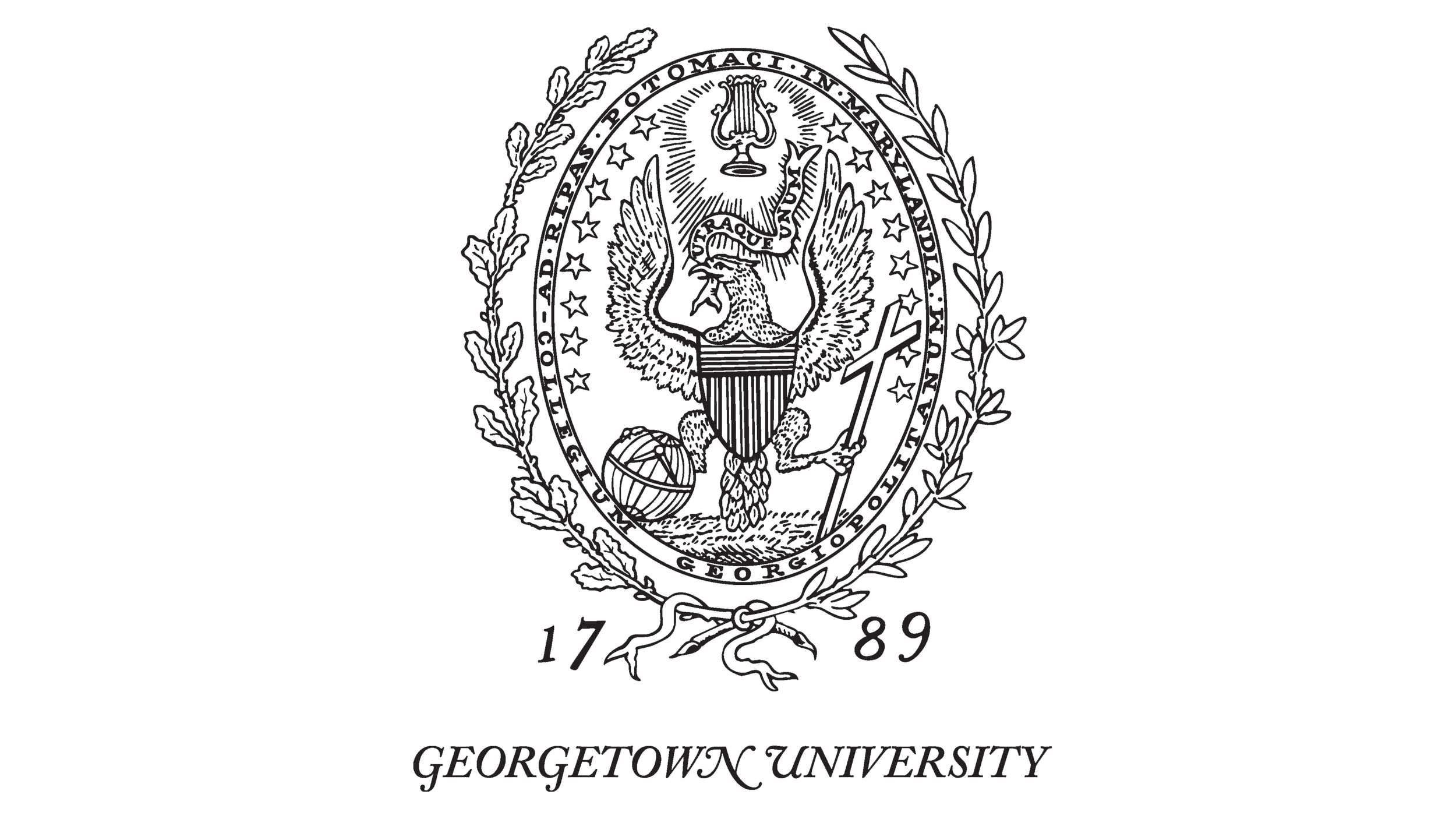
The nervous system of democracy is burned out.
That’s why Kate Woodsome, a trauma-democracy specialist, created the
Invisible Threads Impact Lab.
The Crisis
Anxiety, loneliness, polarization, and violence might look like separate issues, but they’re really symptoms of something deeper: collective trauma. A lot of us feel overwhelmed, unsafe, or disconnected — and our communities, institutions, and politics are reflecting those same patterns back to us.
The trouble is, our systems are contributing to the dysfunction, yet treat the symptoms as if they’re isolated, individual problems. The media misdiagnose what’s happening. Political leaders often inflame it. And trust keeps collapsing.
Most Americans now feel misled by institutions. People don’t know who or what to believe. And when our nervous systems are stuck in fight-or-flight, it’s harder to think clearly, listen openly, or work together — the exact skills a healthy democracy needs.
When we ignore how stress and pain shape our behavior and our systems, we end up repeating the very cycles of harm we say we want to break. The result: more division, less trust, and a public that’s easier to manipulate.
The Hope
There is good news: We finally understand what’s going wrong — and what to do about it.
We now know that healing our mental and emotional wellbeing directly strengthens democracy.
And strengthening democracy directly supports our mental and emotional wellbeing. That realization inspired Pulitzer-winning journalist, Georgetown visiting scholar, and social entrepreneur Kate Woodsome to create the Invisible Threads Impact Lab.
The Solution
Kate helps leaders, journalists, and concerned citizens understand a simple truth: hurt people hurt people — and supported people support people. Through the lab and its collaborators, she’s turning science into practical tools anyone can use to:
Stay grounded under stress and constant change
Rebuild trust and connection
Communicate and collaborate across differences
Renovate systems that are stuck in cycles of harm
And through Regenerative Journalism™, the field Kate is pioneering, the lab is helping reshape our information ecosystem — moving from crisis-driven narratives to reporting that builds clarity, resilience, and collective care.
Clients and Collaborators
What people are saying.
-
"Kate, I applaud your principled and values-based approach to going upstream to uncover and describe the systemic and structural issues that we must address to achieve greater health and wellbeing for the greatest number of people. Thank you for your grit and courage. When I read your work, I am taken back to Margaret Mead who said, 'Never underestimate the power of a small group of committed citizens to change the world, indeed it is the only thing that ever has.' Thank you."
Dr. Kathleen M. Pike, CEO, One Mind
-
"Few journalists are covering mental health issues with the kind of deep insight and sourcing as Pulitzer Prize-winning journalist Kate Woodsome. I had the good fortune to work with her for years at Post Opinions covering stories of real human trauma, including my own."
Jason Rezaian, Director, Washington Post Press Freedom Initiatives
-
“Even after years as a psychotherapist, I am being hit hard. Your tips are exactly what I need to stay grounded.”
Ed Kouneski, Ph.D.
-
"Your compassion, generosity of spirit, and courage gives me hope which is so hard to find these days...Your work to nurture democracy by attending to our collective mental health speaks so powerfully to me. With so many of our current students struggling with anxiety and depression, you speak a quiet but undeniable truth, and you suggest a positive path of transformation.”
Beth Ingle, Rock Valley College, Illinois
-
"As is always the case, Kate Woodsome’s writing on how we do (or do not) take care of one another’s mental health should come with a trigger warning along the lines of: ‘Complacent reading not available here.’ Engagement is ok; action is better; raising all our expectations is best. Ask not whether you’re already doing a darn good job. Ask what you need to double-down on and what you ought to stop doing. Get accountable.”
Joe Feldman, Founder, CoverMyMentalHealth.Org
-
“I’m encouraged by your suggestions for creating the conditions for courage and can see how this can apply to the micro of our personal lives and the macro of our collective.”
Chrisi Daniels
-
“I’m carrying a lot of anger , because I love my country and I want to see it working more towards Democracy by following the Constitution. After hearing this conversation I will take back my power, and try to be more open minded to others views. I will also be more gentle with myself in the process.”
Jane Good, Maine
-
“I am encouraged, inspired, and weirdly, reassured by this reporting. You put your body and your mind on the line to demonstrate healing from trauma, as you note. And this ends up being exposure therapy in action, too, for your viewers … especially those of us safely tucked away in blue corners of the northeastern part of the United States. Thank you for this valiant use of privilege.”
Elle, “Northeastern United States”
To support mental health and democracy now — and for future generations — please consider a tax-deductible donation through Georgetown University’s 501(c)3 Community Research Group, which manages gifts to the Invisible Threads Impact Lab.







